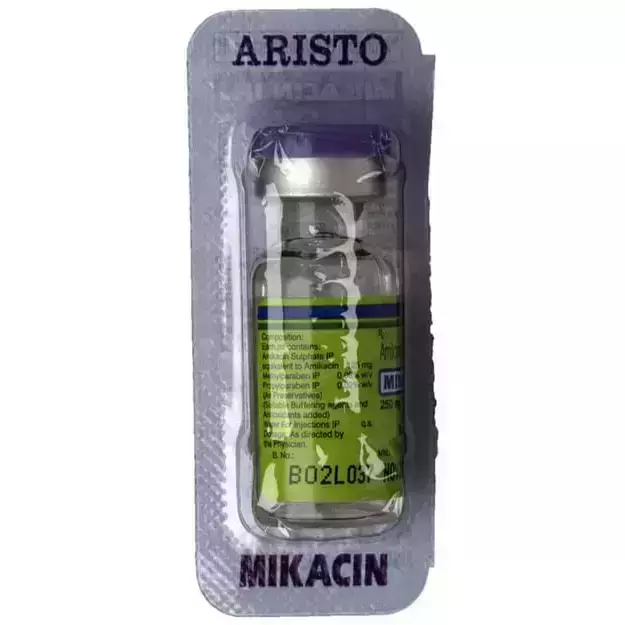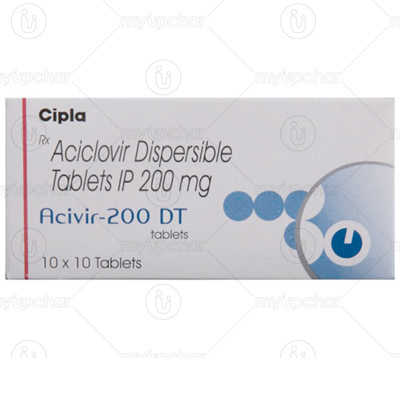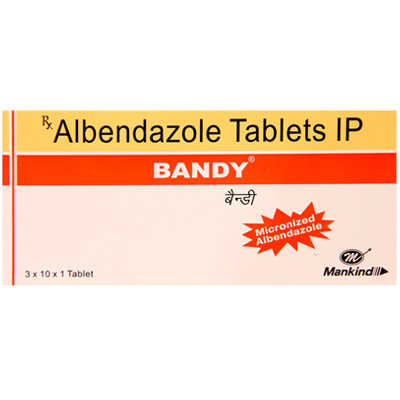Nkacin 250 Injection, a prescription drug, is manufactured in various forms such as Injection. It is typically used for the treatment of Urinary Tract Infection. Secondary and off-label uses of Nkacin 250 Injection have also been mentioned below.
Medical history of the patient along with age and gender determines the dosage of Nkacin 250 Injection. Dosage also depends on the route of administration and your chief complaint for which the drug is prescribed. This information has been provided in detail in the dosage section.
Besides the aforementioned side effects, there are other adverse effects of Nkacin 250 Injection as well, which are listed below. Normally, these side effects of Nkacin 250 Injection are not long lasting and go away when the treatment is finished. Please speak with your doctor if these side effects worsen or persist for a longer duration.
Nkacin 250 Injection's effect during pregnancy is Severe and Unknown while nursing. It is important to know if Nkacin 250 Injection has any effect on the kidney, liver and heart. Information on such adverse effects, if any, has been given in the Nkacin 250 Injection related warnings section.
Nkacin 250 Injection is not recommended if you suffer from certain medical conditions as it can have adverse effects. Dehydration, Parkinson's Disease, Hearing Loss are examples of such conditions. Other conditions have been mentioned below in the Nkacin 250 Injection contraindications section.
Drug reaction of Nkacin 250 Injection with other medicines has been reported. Refer to the list below for further details.
In addition to these precautions, you may also note that Nkacin 250 Injection is safe while driving, and is is addictive in nature.
X



















